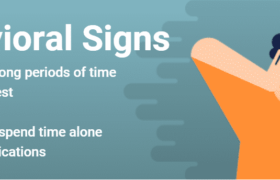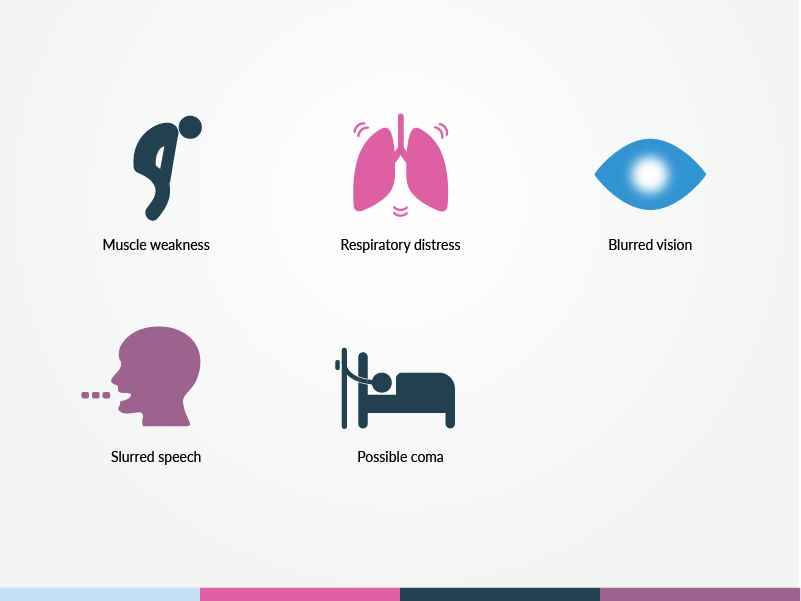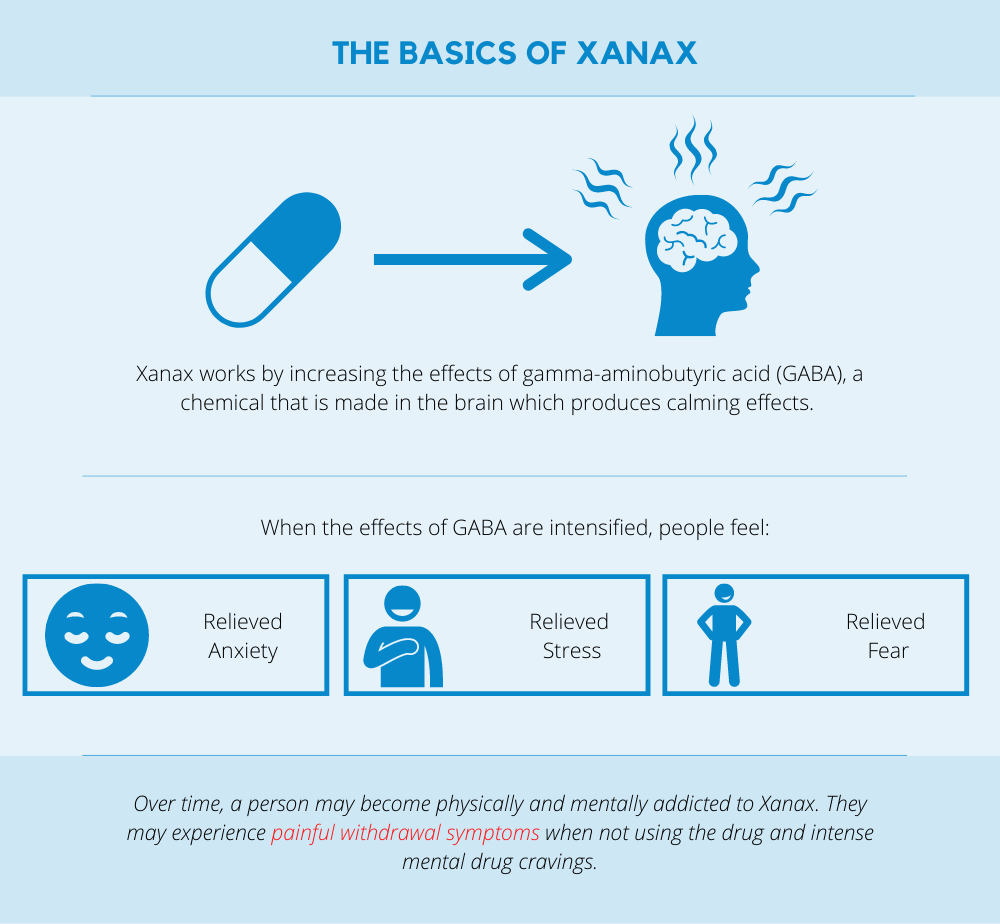Recognizing the Signs and Symptoms of Xanax Addiction

Lets talk about The Signs and Symptoms of Xanax Addiction, seeking Help for Xanax Addiction, Preventing Xanax Addiction, Recognizing the Signs and Symptoms of Xanax Addiction

The Signs and Symptoms of Xanax Addiction
One of the first indicators of Xanax addiction is the presence of physical symptoms. These symptoms may include:
- Increased drowsiness or sedation
- Slurred speech
- Impaired coordination
- Confusion or disorientation
- Memory problems
- Headaches
- Dizziness
- Blurred vision
- Changes in appetite
- Nausea or vomiting
If you or someone you know is experiencing these physical symptoms while taking Xanax, it is important to consult a healthcare professional to determine if addiction may be a factor.
2. Psychological Symptoms of Xanax Addiction
In addition to physical symptoms, Xanax addiction can also manifest in various psychological symptoms. These symptoms may include:
- Increased anxiety or panic
- Irritability or agitation
- Mood swings
- Depression
- Difficulty concentrating
- Memory loss
- Paranoia
- Hallucinations
- Thoughts of self-harm or suicide
It is important to note that these psychological symptoms can be severe and may significantly impact an individual’s daily functioning and overall well-being.
3. Behavioral Signs of Xanax Addiction
Alongside physical and psychological symptoms, there are also behavioral signs that may indicate Xanax addiction. These signs may include:
- Increased secrecy or lying about Xanax use
- Engaging in risky behaviors while under the influence of Xanax
- Continued use of Xanax despite negative consequences
- Isolation from friends and family
- Neglecting responsibilities at work, school, or home
- Financial difficulties due to excessive spending on Xanax
- Attempts to obtain Xanax without a prescription
If you notice these behavioral signs in yourself or someone you care about, it is important to seek professional help as soon as possible.

Seeking Help for Xanax Addiction
If you or someone you know is struggling with Xanax addiction, it is essential to seek help from a healthcare professional or addiction specialist. Treatment options for Xanax addiction may include:
- Detoxification: This involves safely tapering off Xanax under medical supervision to minimize withdrawal symptoms.
- Therapy: Individual or group therapy can help address the underlying causes of addiction and develop healthier coping mechanisms.
- Medication-assisted treatment: Certain medications may be prescribed to help manage withdrawal symptoms and cravings.
- Support groups: Participating in support groups, such as Narcotics Anonymous, can provide valuable peer support and encouragement.
- Aftercare: Continued support and follow-up care are crucial in maintaining long–term recovery.
Remember, addiction is a treatable condition, and with the right support and treatment, recovery is possible.

Preventing Xanax Addiction
Prevention is key when it comes to Xanax addiction. Here are some strategies to help prevent Xanax addiction:
- Follow your healthcare provider’s instructions: Only take Xanax as prescribed and never exceed the recommended dosage.
- Be aware of the risks: Educate yourself about the potential risks and side effects of Xanax, including the risk of addiction.
- Communicate openly: If you are experiencing anxiety or panic, discuss alternative treatment options with your healthcare provider.
- Avoid self-medication: Do not use Xanax or any other medication without a prescription or professional guidance.
- Monitor your use: Regularly assess your Xanax use and be mindful of any changes in your behavior or well-being.
- Seek support: If you are struggling with anxiety or stress, reach out to a mental health professional who can provide guidance and support.
By taking these preventive measures, you can reduce the risk of developing Xanax addiction and promote your overall well-being.
Conclusion
Xanax addiction is a serious condition that can have significant physical, psychological, and behavioral consequences. Recognizing the signs and symptoms of Xanax addiction is crucial in order to seek help and support. If you or someone you know is struggling with Xanax addiction, reach out to a healthcare professional or addiction specialist for guidance and treatment options. Remember, recovery is possible, and with the right support, individuals can regain control of their lives.




